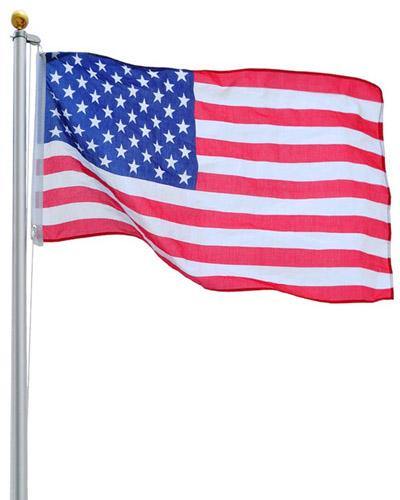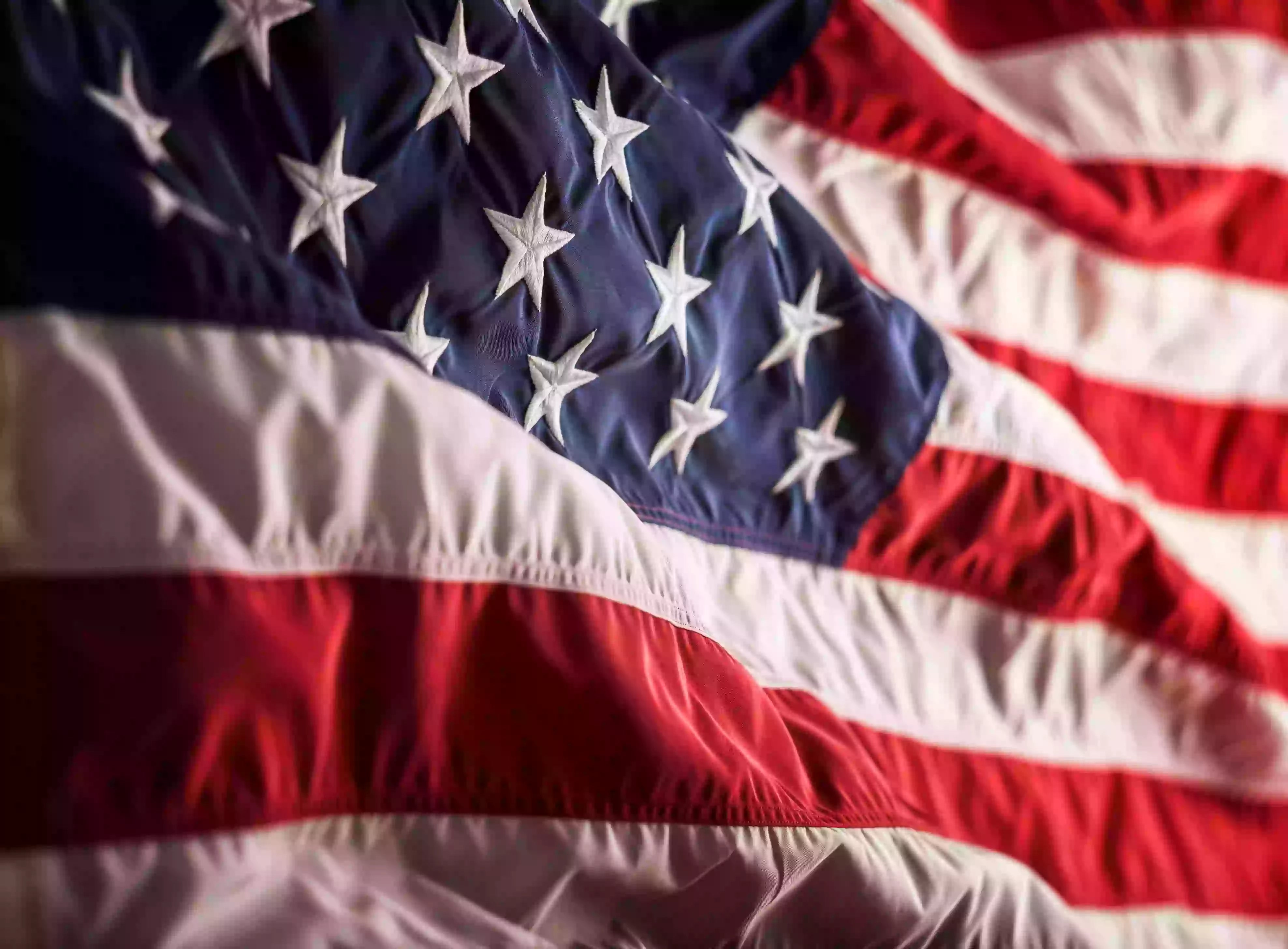The Boston Tea Party: A Defining Moment in American History
Welcome to our comprehensive guide on one of the most pivotal events in American history - the Boston Tea Party. As we delve into the details of this extraordinary act of defiance, we will explore the historical context, motivations, key players, and the lasting impact it had on the path towards American independence.
Historical Context: Tensions Brewing
In the mid-18th century, the relationship between the American colonies and the British Empire was strained. The colonists' growing dissatisfaction with British policies, such as the imposition of taxes without their consent, had fueled a spirit of rebellion. The Tea Act of 1773 became the catalyst for an event that would resonate throughout history - the Boston Tea Party.
The Tea Act: Sparking Outrage
Under the Tea Act, the British East India Company was granted a monopoly on tea imports to the American colonies. This move aimed to revive the struggling company but was met with fierce opposition from American merchants. They viewed it as a direct threat to their livelihood and as yet another example of British oppression.

The Gathering Storm: Planning the Protest
On the evening of December 16, 1773, a group of colonists, known as the Sons of Liberty, orchestrated a daring plan. Disguised as Mohawk Indians, they descended upon three British ships - the Dartmouth, the Eleanor, and the Beaver - docked at Griffin's Wharf in Boston.
The Event Unfolds: Defiance on the Water
Amidst the darkened harbor, the Sons of Liberty swiftly boarded the ships. In a remarkable display of unity and purpose, they emptied the cargo holds, flinging 342 chests of tea into the water. This act of defiance sent a resounding message to the British Crown - the American colonists were unwilling to accept taxation without representation.

The Aftermath: Repercussions and Resistance
The repercussions of the Boston Tea Party were immediate and far-reaching. In response, the British Parliament swiftly passed a series of punitive measures known as the Intolerable Acts, aimed at asserting British authority and quelling dissent in Boston. These acts further fueled the flames of revolution and solidified the colonists' resolve to fight for their rights.

The Impact: Igniting the Flame of Revolution
The Boston Tea Party stands as a defining moment in the lead-up to the American Revolution. It galvanized the colonists, fostering a sense of unity and determination to break free from British rule. This act of civil disobedience, carried out by ordinary men and women, reverberated across the colonies, inspiring further acts of resistance and ultimately paving the way for American independence.
Legacy and Significance: Shaping American Identity
The legacy of the Boston Tea Party endures, serving as a symbol of American resilience and the power of collective action. It represents the unwavering spirit of liberty and democracy that became the foundation of the United States. The event not only influenced the course of the American Revolution but also left an indelible mark on the global struggle for independence and self-governance.
The Boston Tea Party remains an iconic event in American history, embodying the spirit of defiance and resistance that paved the way for the birth of a nation. Its profound impact on the trajectory of the American Revolution and its enduring significance make it a subject of great interest and importance. As we reflect on this historic event, we are reminded of the power of unity and the ability of individuals to shape the course of history.







